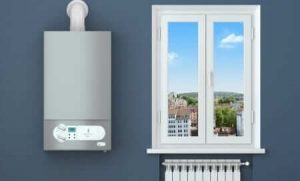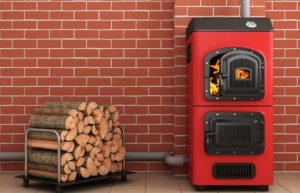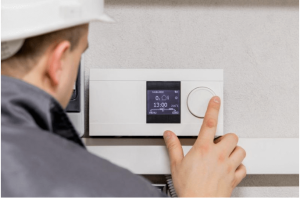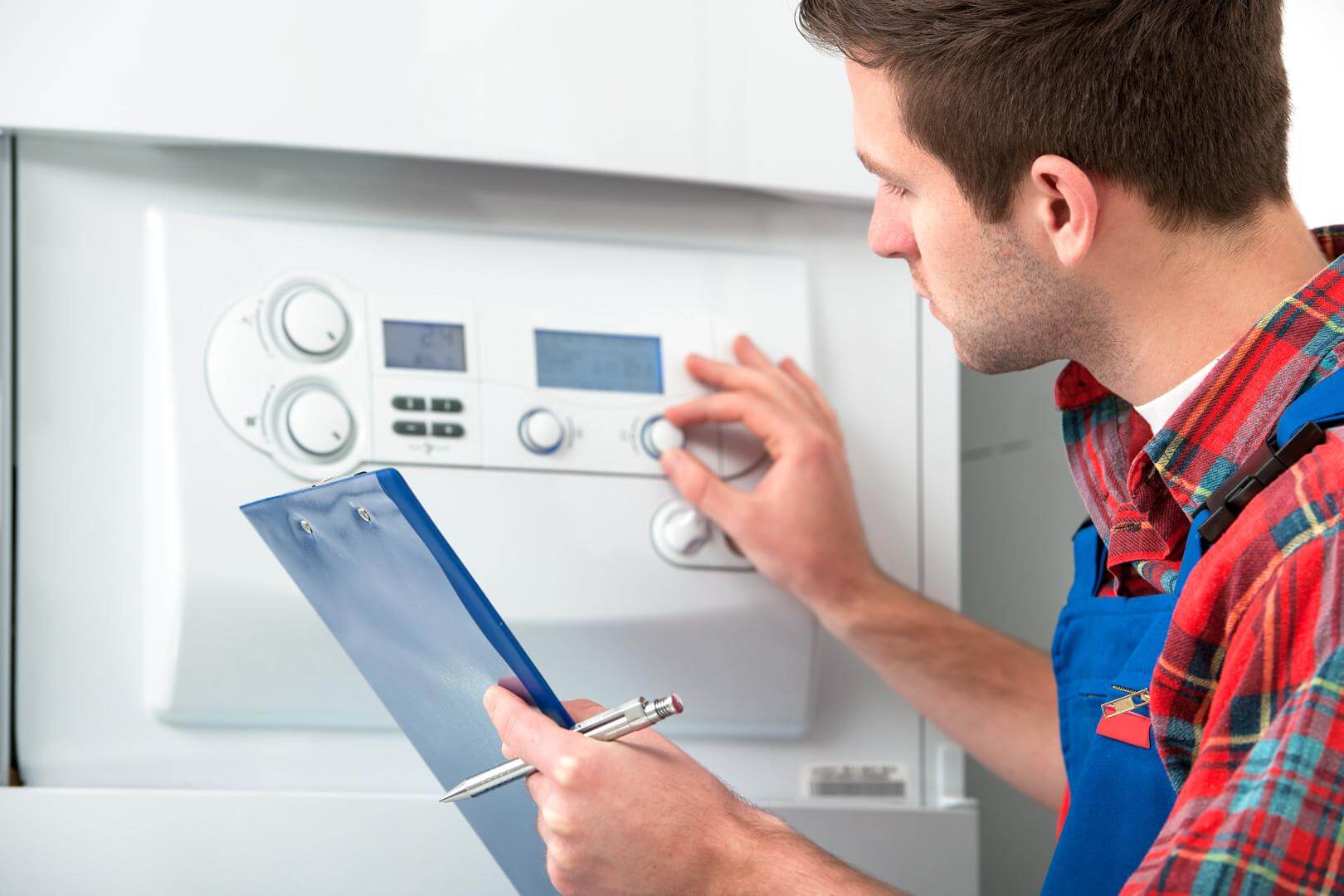Boiler Installation Guide: What You Need to Know
There are multiple options out there when it comes to boilers. In fact, all the information can be a bit overwhelming. Should you be looking at a condensing boiler? A biomass boiler? A conventional boiler? Something else altogether? In addition to the multiple types of boilers that are available on the market there are then competing brand names and the many prices, warranties, and guarantees that further complicate the choice. In other words, there is a lot of information to process just to get to the point of being able to consider making a purchase.
 Fortunately, a little bit of information goes a long way. Being able to recognise the differences between boilers, which will work for an individual situation versus which won’t, will help move the process forward. Beyond that basic online shopping skills and knowing how to research a boiler installation specialist will help to clear away the confusion and create a combination that a consumer can be confident with.
Fortunately, a little bit of information goes a long way. Being able to recognise the differences between boilers, which will work for an individual situation versus which won’t, will help move the process forward. Beyond that basic online shopping skills and knowing how to research a boiler installation specialist will help to clear away the confusion and create a combination that a consumer can be confident with.
Boiler installation can seem intimidating at first, but there’s no reason for it to become overwhelming. Quality boiler installation services can be found through many top-notch specialists. By matching the type of boiler needed with an experienced high-quality boiler installation service and suddenly the problems will just kind of melt away.
Types of Boilers
This is the first crucial bit of information that needs to be tackled in order to get the right fit for a home or business. There are actually many different types, styles, and brands of boilers. Generally a boiler will fit into one of five general groups or types. Each of these types of boilers will have their pros and their cons, and the best one will depend quite a bit based on the specific situation.
More detail is spent on each type of boiler below. Not all of them are going to be viable options for each situation, however by understanding more about each one an individual will be able to make a much better informed decision on which is the best suited for both current and future needs.
Condensing Boilers
A boiler is considered a condensing model when it is fueled by gas or oil. These traditional fuels allow over 90% heating efficiency on average to provide plenty of hot water for showers, dishes, and whatever else you may need. Basically in this setup the water vapour condenses in the exhaust gases which causes a nice cycle where the heat that is created from vaporisation that is normally wasted is actually recovered for further use.
Because of the setup and the very high percentage of heat that gets used, the overwhelming majority of condensing boilers receive the SEDBUK Band A rating for efficiency, which is as high a mark as they can receive. These are some of the most popular models which is why boiler installation is in such high demand with these models: because they are so popular.
Combi Boilers
Built mostly for residential use, a combination boiler (often referred to as a combi boiler – they are one and the same), is a boiler that helps home owners save space and money by providing not only hot water but also space heating, as well. That makes it a sort of 2 for 1 package that is  unusual compared to other styles of water heaters. Depending on the situation, there are many times where a combi boiler could be considered one of the better long-term cost effective options and they also tend to be energy efficient because in summer only the water needed is heated, not an entire tank.
unusual compared to other styles of water heaters. Depending on the situation, there are many times where a combi boiler could be considered one of the better long-term cost effective options and they also tend to be energy efficient because in summer only the water needed is heated, not an entire tank.
This means full use in cold winter months, and less energy is needed when the seasonal use brings the demand for heat and hot water down. These are often better for smaller homes or couples but might be put under strain for a household that has say ten family members under a roof and multiple hot showers a day. That’s something to keep in mind as it might be a great choice for today but a potential liability in the future.
Conventional Boilers
Conventional boilers are called that for a very obvious reason: because they are the most common and traditional form of boilers that are found here in the United Kingdom. These can sometimes be called a regular boiler or basic boiler. In this style of a boiler there are actually two water storage tanks: one for hot water and a separate one for cold water.
When a lot of hot water is needed in the house, cold water from the cold water tank will be moved to the storage cylinder for hot water. The water is quickly and efficiently heated and that water is used throughout the house for showers, dishes, etc. Conventional boilers are also often popular because they are almost always compatible with solar heating systems, which allows for a more seamless transition to lower energy bills and environmentally friendly green energy.
System Boilers
These boilers work by directly heating the central heating system in a home while producing hot water that is held in a storage cylinder for whenever it is needed. Basically these work like a conventional boiler in many ways. They need to store the hot water. However the major difference between a system boiler and a conventional boiler, as any boiler installers will tell you, is that they take their water supply directly which is something that the conventional design does not.
System boilers tend to be a little smaller than the regular boiler design which is great if space is absolutely at a premium where the installation is taking place.
Biomass Boilers
Biomass boilers are a bit more uncommon than the other types on here but they are increasing in popularity in some areas. These are boilers that can be used to replace more traditional oil or  gas boilers. As the name suggests the fuel here isn’t conventional oil and gas like most modern systems but actually relies on biological matter like wood chips, wood pellets, logs, or other biomass. The amount of fuel that is put in can be controlled fairly precisely as well as the amount of total air that is brought into a combustion chamber at any given time.
gas boilers. As the name suggests the fuel here isn’t conventional oil and gas like most modern systems but actually relies on biological matter like wood chips, wood pellets, logs, or other biomass. The amount of fuel that is put in can be controlled fairly precisely as well as the amount of total air that is brought into a combustion chamber at any given time.
What’s this mean? It means that they tend to be very efficient and the emissions will also tend to be much lower in amounts than many people expect. This won’t be a viable option in many areas but in places where it is this could make a lot of sense especially in various rural areas where having a lot of firewood or brush on hand for fuel is no issue but oil is expensive.
Finding the Right Boiler Installer
While figuring out which type of boiler to go with is an important first step in the boiler installation process, it’s equally as important to make sure an individual finds a reliable, trustworthy, and skilled boiler installers that they can trust to properly oversee the installation process from start to finish.
There are many companies and individual specialists out there, but not all of them are going to have the experience to deal with each type of boiler. This is where a little bit of research and phone work will go a long way to separating the wheat from the chaff and figuring out the best options. Obviously an online search is a great easy tool for finding obvious red flags, or for finding the local providers who have been successful in cultivating high quality relationships with their customer base. Eight 5-star ratings might not mean much, but eighty or eight hundred certainly does.
 Never be afraid to ask for word of mouth recommendations, either. Most people are hesitant to recommend someone if they aren’t absolutely sure of the quality of work. After all, the smirch on reputation comes back on the person who made the initial recommendation in the first place. That being said, anyone searching for a reasonable price on a new boiler installation should still do their online homework just to see if the overall consensus seems to agree or disagree with anyone who is making a recommendation.
Never be afraid to ask for word of mouth recommendations, either. Most people are hesitant to recommend someone if they aren’t absolutely sure of the quality of work. After all, the smirch on reputation comes back on the person who made the initial recommendation in the first place. That being said, anyone searching for a reasonable price on a new boiler installation should still do their online homework just to see if the overall consensus seems to agree or disagree with anyone who is making a recommendation.
Quick list of what to make sure to look for:
- Years of experience
- Consistently high online ratings
- Google for any negative stories or lawsuits, avoid those who have them
- Good response time when you call or leave a message
- Solid level of friendliness or politeness on the phone (customer service matters!)
- Whether or not the installer has experience with your type of boiler
In Conclusion
As this guide clearly shows, there are many different considerations that come into play when picking out the right boiler. However, with a little bit of knowledge, research, and tenaciousness, anyone has the ability to figure out the best boiler options for their specific household situations and the professionals who can help with a proper installation. This is one of those cases where even a little bit of planning and legwork can actually go a very long way to making the entire process as smooth as possible. Reliable hot water in all seasons will be your reward!


